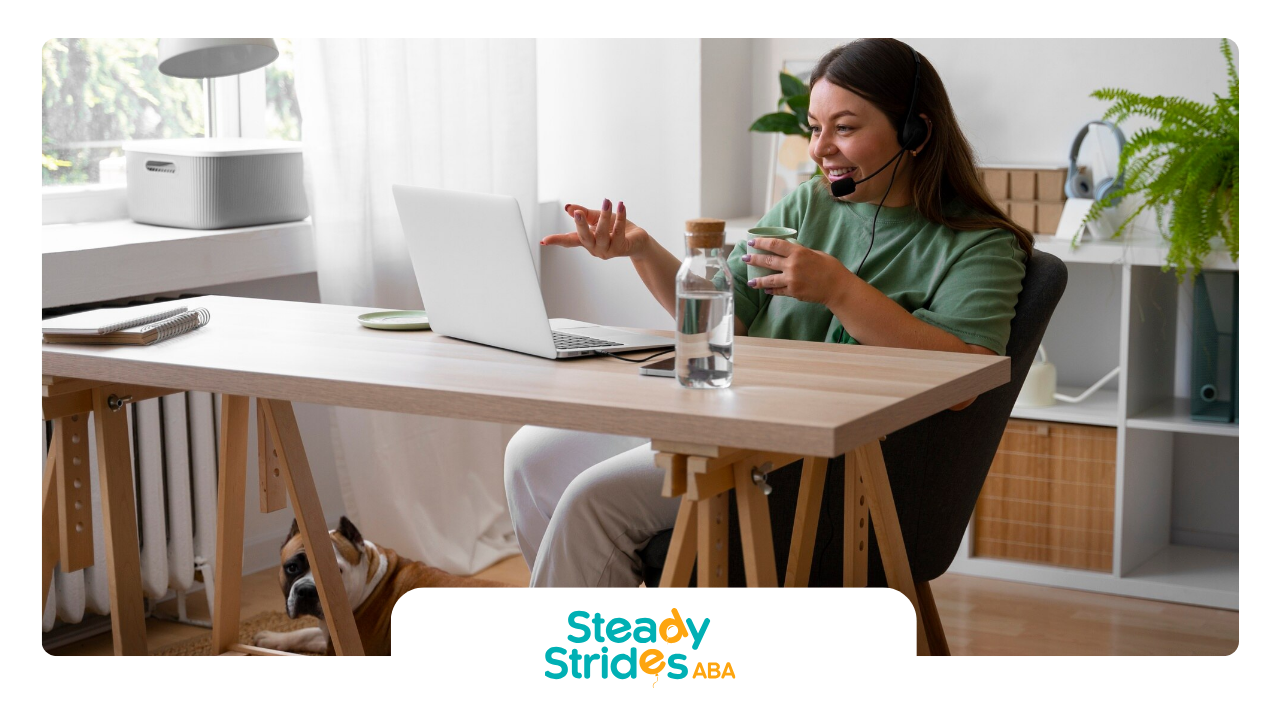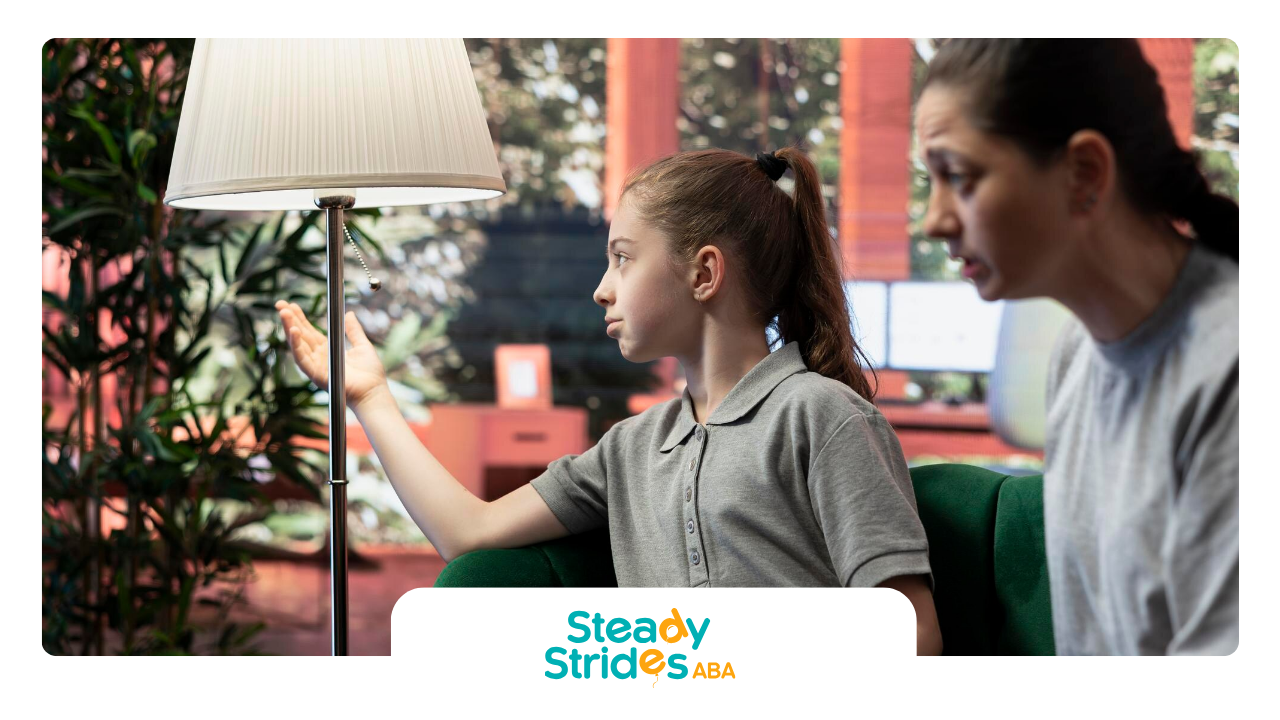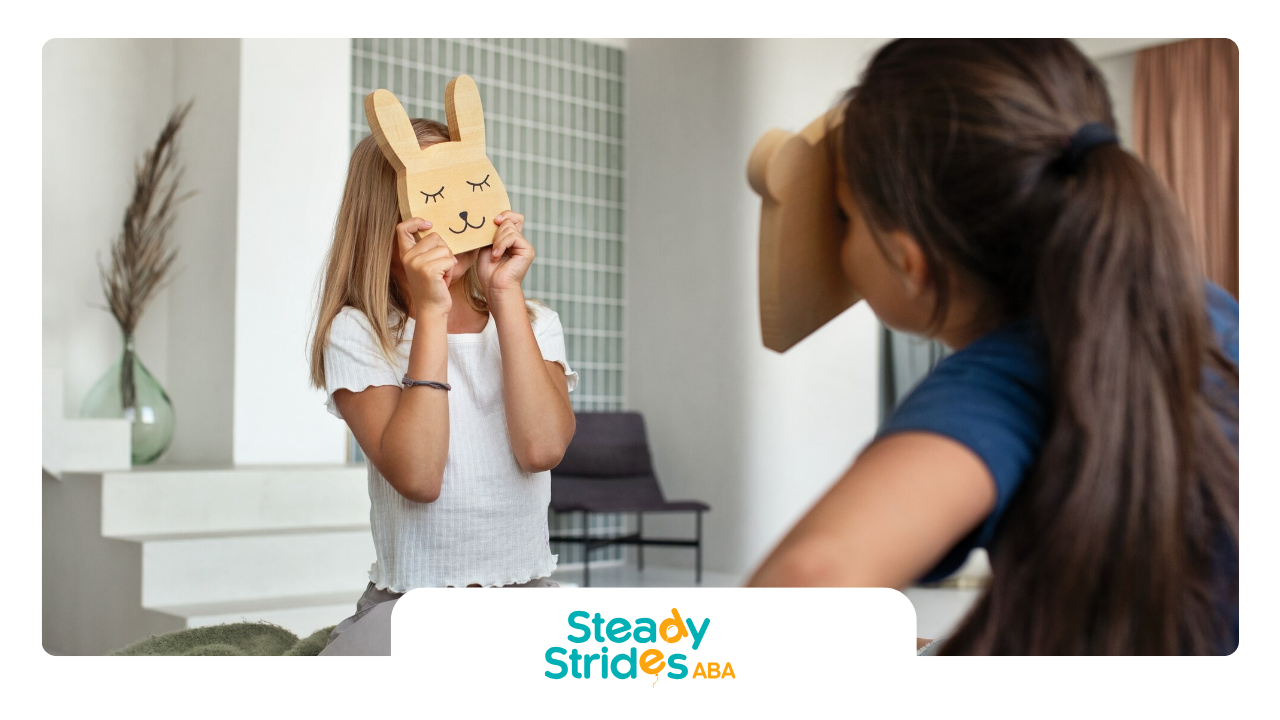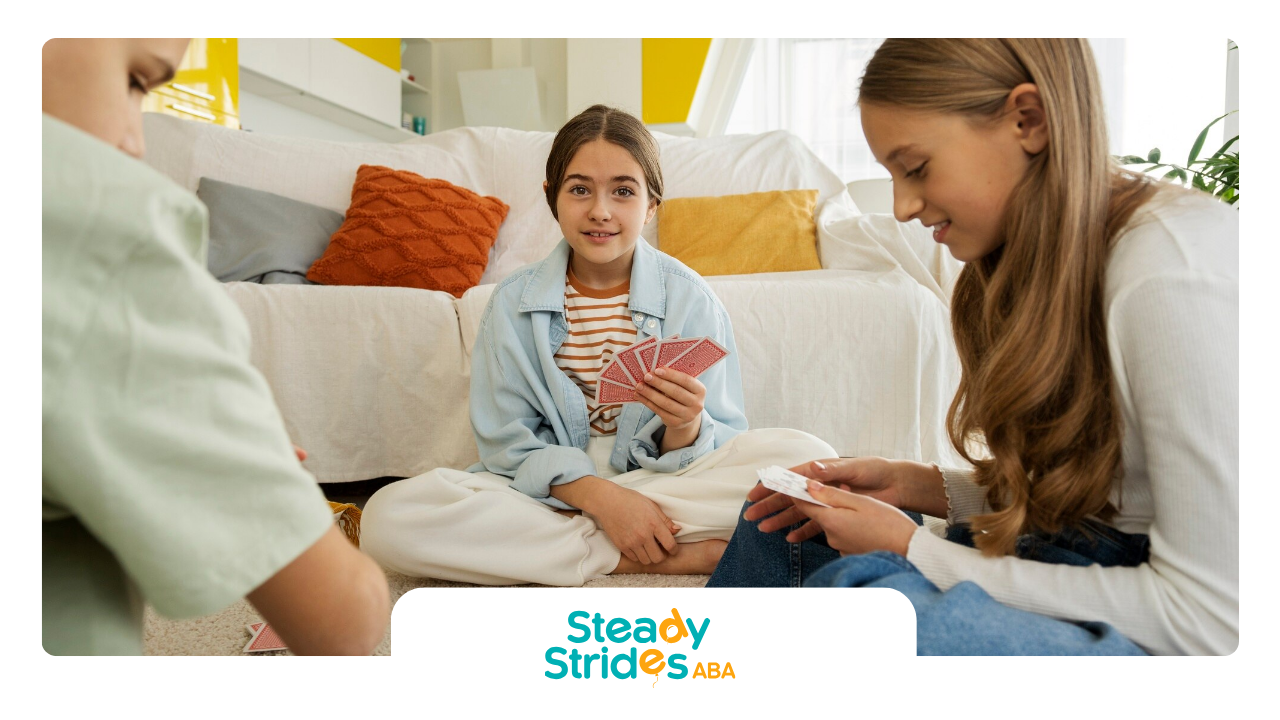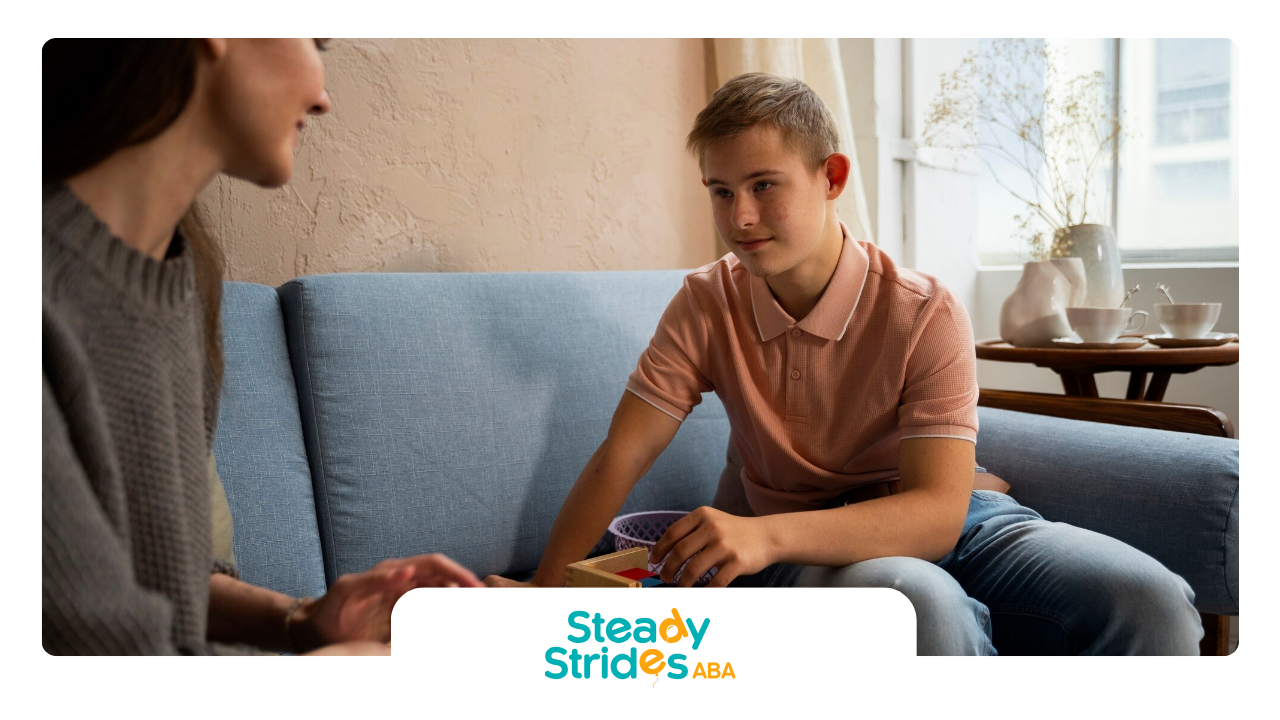Importance of Leisure Activities
Engaging in leisure activities plays a significant role in enhancing the overall well-being of autistic adults. These activities provide opportunities for personal enjoyment, social interaction, and skill development, making them integral to a fulfilling life.
Impact on Well-Being
Participating in leisure activities that are enjoyable and engaging contributes positively to an individual's happiness and satisfaction in life. These activities can be undertaken alone or in groups, within the comfort of home or in community settings. Research indicates that involvement in leisure pursuits is linked to greater well-being.
Leisure activities also foster emotional resilience, helping to manage stress and anxiety levels. For autistic adults, having regular recreational engagement can lead to a more balanced emotional state and improve life quality.
| Type of Leisure Activity | Impact on Well-Being |
|---|---|
| Social Activities | Enhanced social skills and relationships |
| Physical Activities | Improved physical health and fitness |
| Creative Arts | Increased self-expression and relaxation |
Benefits of Engaging
Engaging in leisure activities offers numerous benefits tailored to the unique needs and interests of autistic adults. These benefits include:
- Skill Development: Activities help develop both social and vocational skills, providing an avenue for practicing communication and teamwork.
- Broader Interests: Exposure to various activities encourages the exploration of new hobbies and talents, which can grow and evolve over time.
- Increased Confidence: Regular engagement in recreation aids in boosting self-esteem. This newfound confidence can lead to increased participation in other areas of life, including work and social situations.
- Physical Health: Leisure activities promote physical fitness, enhancing overall health and well-being. This aspect is particularly crucial, as physical health can positively influence mental health.
Recreation activities also create opportunities for autistic adults to practice essential social skills, which can lead to improved interactions with peers. Ultimately, engaging in leisure activities is vital for stimulating personal growth, improving quality of life, and fostering community connections.
Challenges and Considerations
Engaging in leisure activities for autistic adults requires careful planning and consideration of specific challenges associated with autism. It is essential to tailor activities and address sensory concerns to ensure participants can enjoy and benefit from these experiences.
Tailoring Activities for Autism
Developing leisure interests and skills for individuals on the autism spectrum can be challenging. Their interests often develop in unique ways, making it difficult to find activities that resonate with them. Moreover, skills learned in one activity may not be easily transferable to another.
When selecting activities, it is important to consider the individual’s preferences. Some common activities enjoyed by autistic adults include:
| Activity Type | Examples |
|---|---|
| Creative Arts | Art classes, music classes, dance classes |
| Education | Educational enrichment classes, book clubs |
| Fitness | Gym memberships, yoga, meditation |
| Nature & Outdoors | Hiking clubs, nature clubs |
| Social | Movie clubs, sports clubs |
When offering these activities, having a variety of options ensures that individuals can explore what suits them best. Additionally, monitoring their engagement and enjoyment levels helps to refine choices for future participation.
Addressing Sensory Concerns
Sensory factors play a crucial role in determining the success of physical activity experiences for autistic adults. Sensory overload and discomfort can significantly impact a participant's willingness to engage in activities. Addressing these sensory concerns is imperative when planning for physical activity participation.
Creating sensory-friendly environments involves several key considerations:
- Noise levels: Activities should be held in quiet or controlled environments to minimize disruptions.
- Lighting: Use soft lighting to avoid harsh glare and minimize visual overstimulation.
- Space: Ensure ample room to move about freely without crowding.
- Textures and Equipment: Choose materials and equipment that are comfortable for participants.
By addressing these sensory aspects, organizers can contribute to a more enjoyable experience and increase participation rates. It's important to remember that autistic adults often engage in lower levels of physical activity compared to their non-autistic peers, and over 60% do not meet national guidelines for physical activity. Sensory-friendly adjustments can aid in encouraging more active lifestyles.
Exploring social skills activities for adults with autism and recreational activities for adults with autism could further enhance connections and build community while embracing individual preferences and needs.
Physical Activity for Autistic Adults
Engaging in physical activity can significantly enhance the quality of life for autistic adults. However, several barriers and support systems are essential to facilitate effective participation in these leisure activities for autistic adults.
Barriers to Participation
Autistic adults often encounter various challenges when trying to participate in physical activities. These barriers can make accessing enjoyable and beneficial activities extremely difficult.
| Barrier Type | Description |
|---|---|
| Social Anxiety | Fear of judgment or social interaction can limit participation in group activities. |
| Sensory Sensitivity | Overstimulation from lights, sounds, or crowded spaces can discourage involvement. |
| Lack of Awareness | Some autistic individuals may not be aware of available activities or programs. |
| Physical Limitations | Co-occurring conditions (e.g., mobility issues) may hinder participation. |
Addressing these barriers is crucial to create an inclusive and accessible environment that promotes ongoing engagement in physical activities. Autistic adults highlighted the importance of having support from family members, friends, teachers, or exercise trainers to overcome these obstacles.
Support Systems Needed
Creating a supportive environment is vital for successful participation in physical activities. A strong support system allows autistic adults to thrive in their endeavors.
| Support Type | Description |
|---|---|
| Family Support | Encouragement from family members boosts confidence and motivation. |
| Professional Guidance | Trainers familiar with autism can provide tailored support for physical activities. |
| Peer Support | Engaging with others who share similar experiences can enhance social connectivity. |
| Sensory Management | Adjustments to lighting and sound can help create a comfortable activity space. |
Experts emphasize the importance of promoting physical activity and sports for individuals with autism spectrum disorder (ASD), as these activities can lead to numerous health benefits, such as improved sleep, reduced behavioral symptoms, enhanced cognitive abilities, and better motor functions.
To enhance participation, it is essential to consider the specific needs and preferences of autistic adults. Tailoring experiences and addressing sensory concerns can make a significant difference in fostering a more accepting environment for physical activity. For ideas on more inclusive experiences, check out our articles on sensory-friendly activities for autistic adults, and recreational activities for adults with autism.
Strategies for Successful Participation
Successfully engaging in leisure activities can greatly enhance the quality of life for autistic adults. Here, we discuss two essential strategies: creating sensory-friendly spaces and building independence and skills.
Creating Sensory-Friendly Spaces
Establishing environments that accommodate sensory needs is crucial for encouraging participation in leisure activities. Sensory factors can significantly influence the success of physical activity experiences for autistic individuals. Proper lighting, sound accommodations, and the overall layout of a space can make a difference in comfort and engagement. Autistic adults have expressed the need for spaces that minimize overwhelming stimuli, allowing them to focus and enjoy the activity at hand.
Here are some features to consider when creating sensory-friendly spaces:
| Sensory Element | Specific Adjustments |
|---|---|
| Lighting | Use soft, dimmable, or natural light to reduce glare. |
| Sound | Incorporate soundproofing or quiet zones to minimize noise. |
| Color Schemes | Opt for calming color palettes instead of bright, stimulating hues. |
| Space Layout | Allow for open areas that can be modified based on activity needs. |
Creating such environments can significantly improve physical activity participation, ensuring that individuals feel comfortable and supported. For further resources on sensory-friendly environments, visit sensory-friendly activities for autistic adults.
Building Independence and Skills
Supporting autistic adults in building independence and enhancing skills is vital for their participation in leisure activities. Providing guidance from family members, friends, teachers, and exercise trainers can be instrumental. Developing independence allows individuals to feel more confident in engaging with various activities, ultimately leading to greater satisfaction and enjoyment.
A structured approach can be effective in promoting independence:
- Skill Development: Focus on teaching motor skills and coordination through targeted activities.
- Personal Goals: Encourage individuals to set personal health and activity goals that align with their interests.
- Routine Practice: Consistently engaging in chosen activities can solidify skills and comfort levels.
- Social Skills: Incorporate social skills activities for adults with autism to enhance interaction during group recreational experiences.
Overall, fostering a sense of independence is beneficial in helping autistic adults engage in leisure activities, contributing to their overall development and well-being. For more suggestions on activities, visit recreational activities for adults with autism and vocational activities for autistic adults.
Recommendations for Varied Activities
Engaging in diverse leisure activities is essential for enhancing the quality of life for autistic adults. This section will detail recommendations for broadening interests and supporting continuous growth and development.
Broadening Interests
Exposure to a wide array of activities can significantly broaden interests for individuals with autism. It is important to continuously assess and introduce new activities to prevent boredom and encourage flexibility. Adults may have limited interests, making it critical to explore different opportunities to discover what resonates with them.
One effective method is to incorporate technology, such as the Wii system, which offers simulated sports activities. This can bridge the gap between interest in video games and real-world recreational activities. Below is a table of potential varied activities that can be explored:
| Activity Type | Examples |
|---|---|
| Arts and Crafts | Painting, pottery, scrapbooking |
| Sports | Swimming, bowling, cycling |
| Technology | Video game clubs, coding classes |
| Nature Activities | Hiking, gardening, bird watching |
Exploring new interests also fosters an environment where social skills can thrive. Engaging in group activities, such as recreational clubs, can provide opportunities for socialization and can help in practicing social skills in a supportive setting. For more information on activities that encourage social growth, visit our section on social skills activities for adults with autism.
Continuous Growth and Development
Continuously broadening experiences promotes personal growth and development. Teaching leisure skills to autistic adults not only increases their confidence but also encourages them to participate in recreational programs. Building a repertoire of leisure activities should cover a range of situations and adapt to changing interests.
Incorporating objectives such as "Sampling Leisure Activities" into Individualized Education Programs (IEP) can provide structure and guidance for expanding exposure to new activities.
It is essential to focus on high-preference activities while using evidence-based strategies to develop a meaningful collection of leisure pursuits that contribute to functional independence in engaging with leisure activities.
Engaging in varied recreational activities for adults with autism can lead to lifelong interests and create pathways for further exploration in other areas of life. By supporting continuous growth, individuals can find fulfillment in their leisure pursuits, enriching their experiences and overall well-being.
Enhancing Quality of Life
Participation in leisure activities plays a significant role in improving the quality of life for autistic adults. By engaging in these activities, individuals can experience better stress management and receive various benefits that contribute to their overall well-being.
Stress Management Through Activities
Adults with autism spectrum disorder (ASD) who perceive higher levels of stress often report a poorer quality of life (QoL). Engaging in recreational activities can help mitigate the impact of perceived stress, leading to enhanced life satisfaction. Research indicates that greater participation in recreational pursuits serves as a buffer for the negative effects of stress on QoL for adults with ASD, while participation in social activities showed limited benefits.
| Activity Type | Frequency of Participation | Stress-Reducing Effect |
|---|---|---|
| Recreational Activities | 3 times per week (average) | Yes |
| Social Activities | Varies | Minimal |
Self-reported recreational activities notably moderated the relationship between perceived stress and QoL. Specifically, these activities helped buffer the negative impact of stress, leading to a more positive outlook on life. In comparison, mother-reported social and recreational activities indicated a trend of reducing stress effects but were not as pronounced.
Gender Differences in Outcomes
Interestingly, there are noted differences between genders concerning quality of life among individuals with ASD. Women with autism often report lower QoL scores compared to their male counterparts. In one study, women in the sample had QoL scores nearly 10 points lower than those reported by men.
| Gender | Average QoL Score Difference |
|---|---|
| Women | -10 points |
| Men | N/A |
These differences highlight the necessity for tailored interventions that consider gender-specific needs and preferences in leisure activities. Understanding such distinctions can help in designing more effective programs that contribute to improved outcomes for all individuals on the autism spectrum.
Through targeted recreational initiatives and support systems, autistic adults can enhance their participation in leisure activities, thus leading to better stress management and overall quality of life. For more resources, consider exploring recreational activities for adults with autism or sensory-friendly activities for autistic adults.



